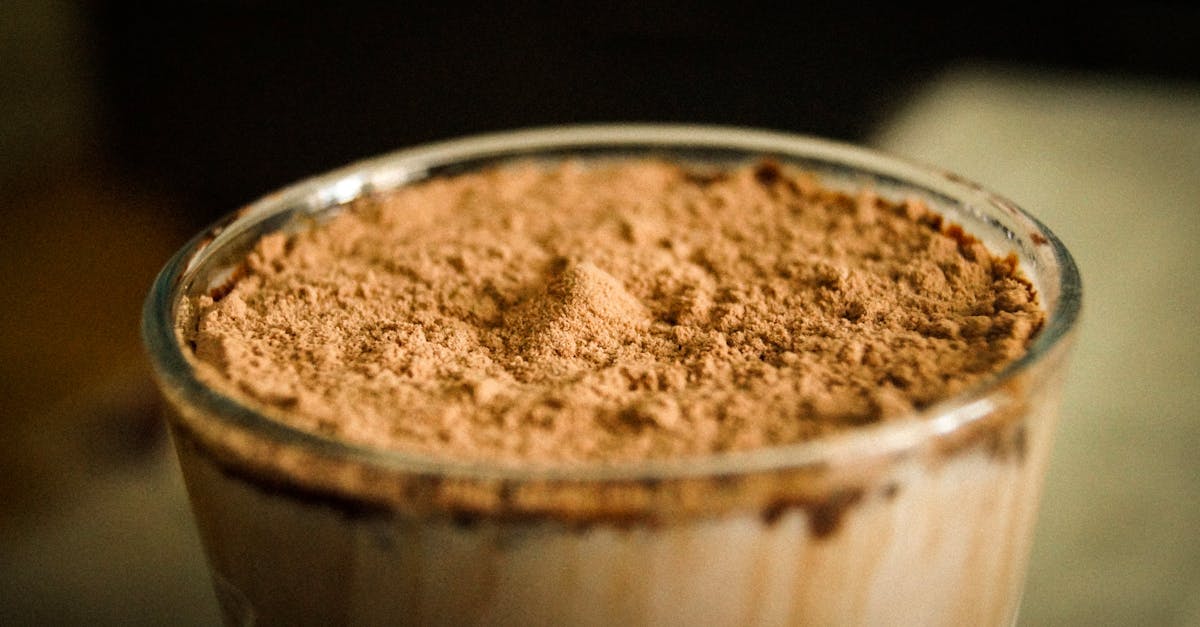
How Many Calories In A Lb
- October 14, 2024
- 3 min Read
- Views 921
How Many Calories in a lb
When you embark on a journey towards weight management, understanding how many calories in a lb is pivotal for success. This fundamental concept is crucial whether you're aiming to shed pounds, maintain your weight, or even gain muscle. In this guide, we'll delve into the caloric dynamics of a pound, how it relates to body weight, and the implications for dietary planning.
Understanding Calories and Weight Loss
Calories are units of energy that fuel our bodies. They come from the foods and beverages we consume, and our bodies require a certain amount of calories each day to function effectively. The key to weight management lies in balancing calorie intake with calorie expenditure. But, just how many calories are in a pound of body weight?
In simple terms, 1 pound of body fat is approximately equal to 3,500 calories. This figure is widely accepted in nutrition and health science and serves as a benchmark for estimating energy expenditure and intake adjustments necessary for weight change.
The Calorie Deficit: Losing One Pound
To lose weight, you need to create a calorie deficit. This means consuming fewer calories than your body uses. If 1 pound equals 3,500 calories, then theoretically, to lose one pound of fat, you need a calorie deficit of 3,500 calories.
This deficit can be achieved through dietary changes, increased physical activity, or a combination of both. For instance, creating a calorie deficit of 500 calories per day would result in a weight loss of approximately 1 pound per week (500 calories x 7 days = 3,500 calories).
The Intricacies of Caloric Calculations
Although the "3,500 calories per pound" rule provides a useful guideline, individual results can vary significantly due to factors such as metabolism, body composition, age, and activity level. Muscle tissue, for example, burns more calories at rest than fat tissue, affecting the total caloric needs and the rate of weight loss.
It's also important to note that weight loss doesn't always equate to fat loss alone. Water weight, muscle mass, and other factors may contribute to changes on the scale.
Guide Steps to Manage Caloric Intake
- Calculate Your Basal Metabolic Rate (BMR): Use online calculators to determine your resting energy expenditure. This indicates the minimum calories your body needs for basic functions.
- Determine Your Total Daily Energy Expenditure (TDEE): Multiply your BMR by your activity level (sedentary, lightly active, moderately active, very active) to find your TDEE.
- Create a Calorie Deficit: Subtract 500-1,000 calories from your TDEE to aim for a safe and sustainable weight loss of 1-2 pounds per week.
- Track Your Intake: Use a food diary or app to monitor your daily caloric intake and ensure you are meeting your deficit goals.
- Adjust as Needed: Reassess your progress regularly and adjust your caloric intake or physical activity to continue towards your weight goals.
Frequently Asked Questions
How reliable is the 3,500 calories per pound rule?
While it's a useful general guideline, individual variations in metabolism and other physiological factors can lead to different results. It's important to adjust your approach based on your body's response.
Can muscle mass affect weight loss?
Yes, because muscle burns more calories at rest than fat, increasing muscle mass can elevate your basal metabolic rate, potentially aiding in weight loss.
How can I ensure fat loss rather than muscle loss?
Incorporate strength training in your routine and maintain adequate protein intake to preserve muscle mass while in a caloric deficit.
caloric deficit, weight loss, calories in a pound, BMR, TDEE, fitness, metabolism, energy balance
For more detailed information on calories and weight management, consider resources from the CDC and the NHS.
People Also View
-
1October 13, 2024
-
2October 06, 2024
-
3October 14, 2024
-
4October 13, 2024
-
5September 29, 2024
Categories
- Near Me 2147 Posts
- How To 548 Posts
- Where To 257 Posts
- Why 90 Posts
- How Much 97 Posts
- Travel 202 Posts
- Food And Drink 815 Posts
- Shopping 797 Posts
- Lifestyle 1050 Posts
- Automotive 364 Posts
- Digital Income 70 Posts








